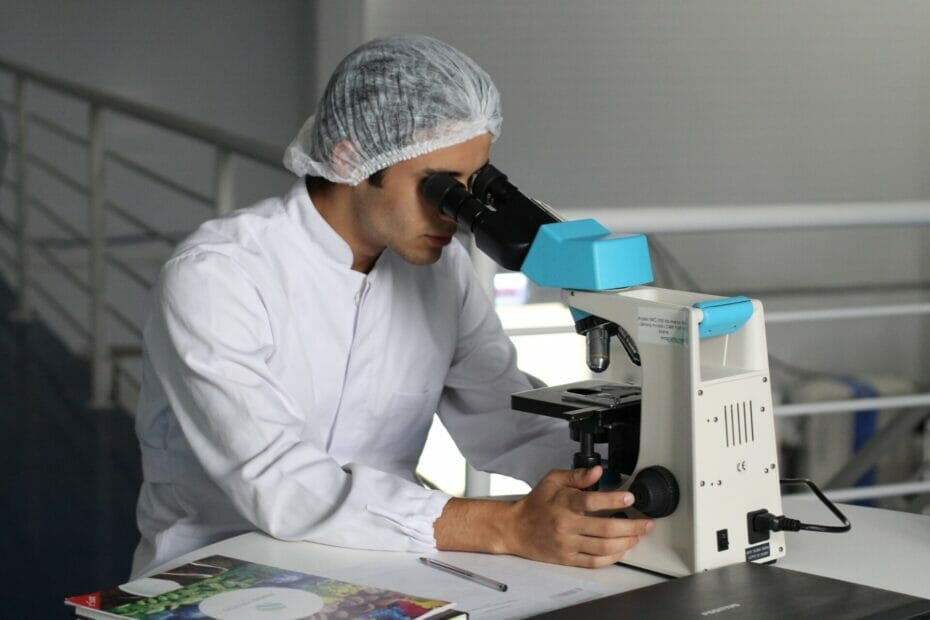Can You Drink Coffee Before A Drug Test?
It’s worth asking if you can drink coffee before a drug test, as it may seem silly to think that caffeine could affect the results. Surprisingly, back in the ’70s and ’80s, there have been reports that drinking coffee could result in a false positive for methamphetamine.
Thankfully, in the modern days of drug testing technology and laboratory equipment have significantly advanced over the years and it has become highly unlikely for someone to pass a drug test with such tactics.
As an avid coffee drinker, there is no reason to be alarmed ahead of your drug test. It is still recommended that you should not consume large amounts of caffeine prior to the test, however, so as not to raise any unnecessary suspicions.
Will Caffeine Cause A False Positive On A Drug Test?
Nowadays, drug tests are incredibly sensitive and can detect a wide range of drugs at the same time. So, you may be wondering if drinking coffee before a drug test will trigger a false positive for methamphetamines.
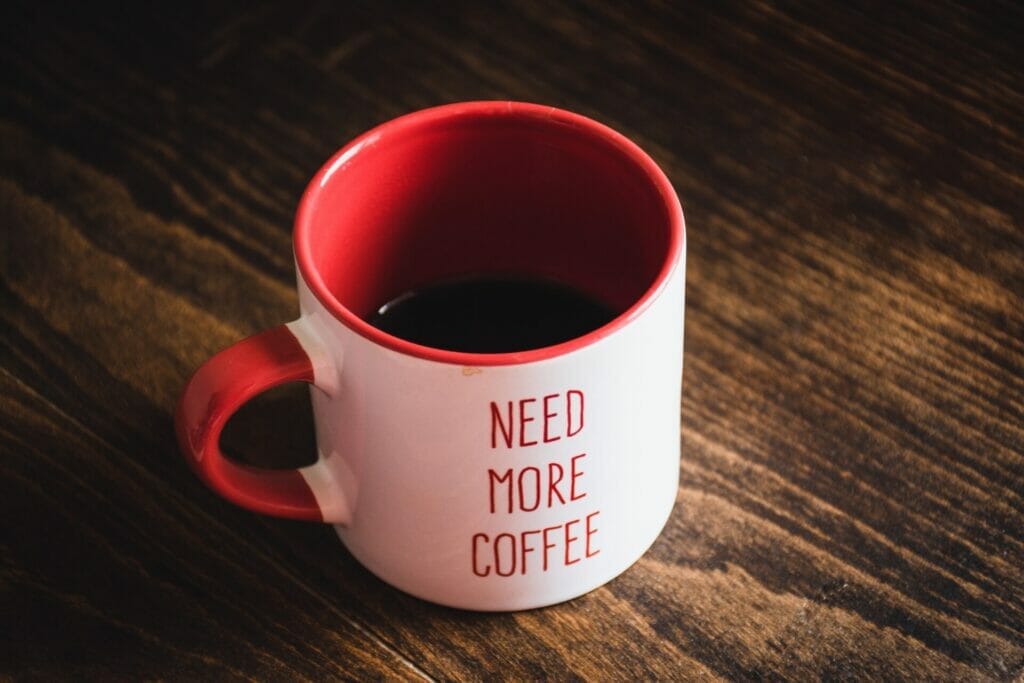
The answer is that it’s highly unlikely! While in the past caffeine could lead to a false positive, modern testing has come so far that these kinds of issues no longer arise. So don’t worry about having your coffee before a drug test.
What Foods Can Cause A False Positive?
The following foods may lead to false positive test results:
Mouthwash
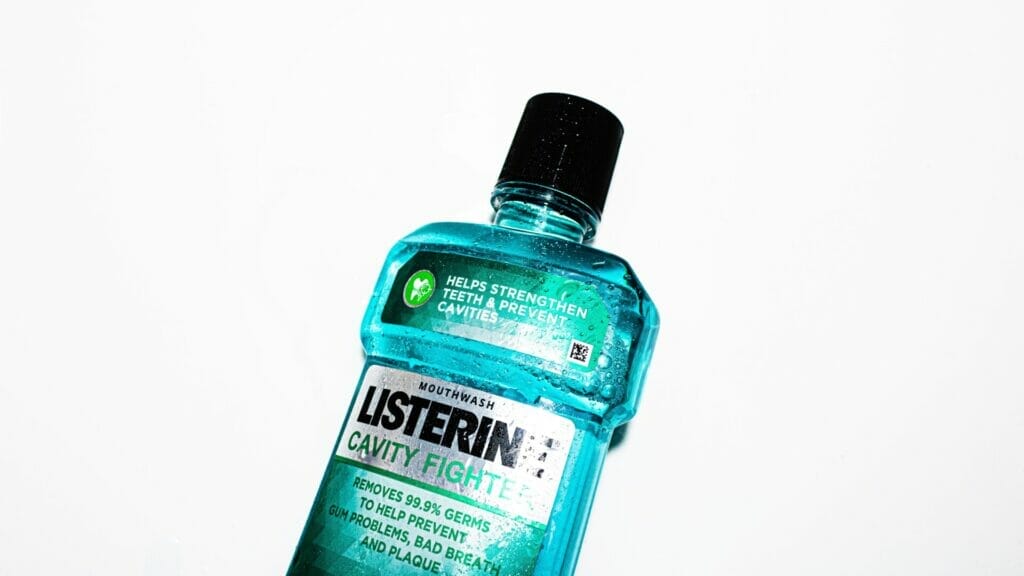
Mouthwash is something that many of us use on a daily basis, but what many don’t know is that it has the potential to cause a false positive. This is because some mouthwash brands contain alcohol, which could trigger an inaccurate result during a breathalyzer or other blood alcohol concentration (BAC) test.
Antibiotics are one of the top causes of false positives on drug tests. Specifically, Rifampin, which doctors use to treat tuberculosis, can trigger a false positive. It’s important that you let the physician running the test know if you’re taking antibiotics so they don’t interpret it as illegal drug use and make a wrong diagnosis.
Antibiotics
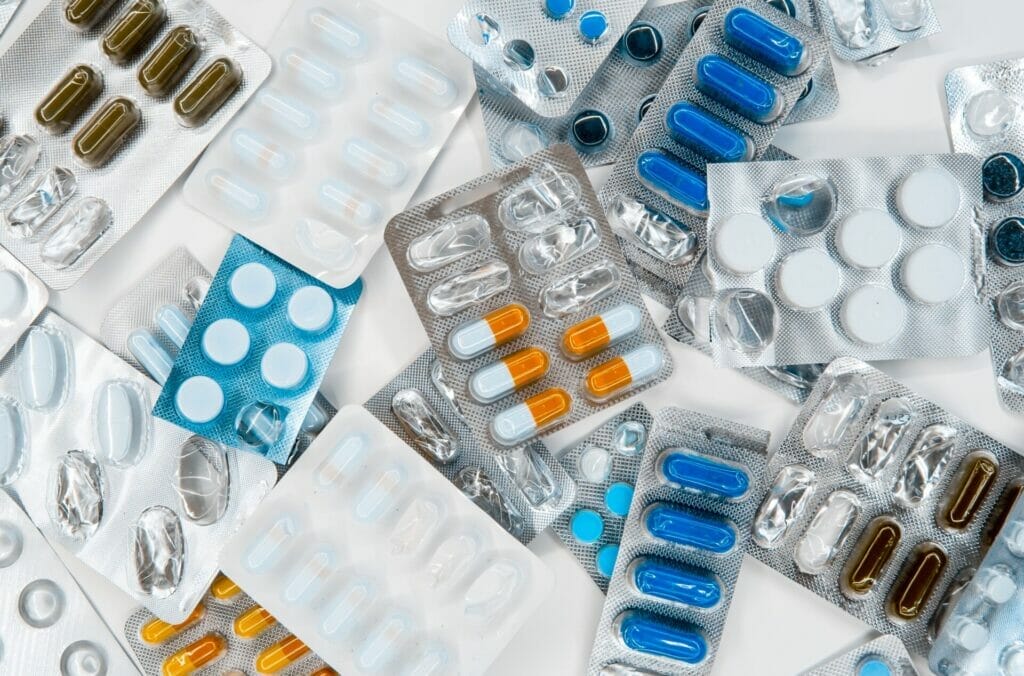
Fortunately, most physicians are understanding when it comes to antibiotics and will take your explanation into consideration if it’s necessary.
Antihistamines
Antihistamines are a common cause of false positives in drug tests. These medications are most commonly taken for relief from seasonal allergies, and one of the main culprits is the ingredient diphenhydramine.
It can be found in several over-the-counter medications, such as Benadryl. Unfortunately, this ingredient has been known to trigger a false positive result for PCP, the hallucinogenic drug.
Cold Medicine And Sleep Aids
Cold medicine and sleep aids can lead to false positive drug tests. Many OTC cold medicines contain ingredients that can produce a false positive for methamphetamine, while some sleeping tablets and sleep aids may cause a false positive for PCP or methadone.
Be sure to let the doctor or technician know if you have recently taken any of these medications as they could affect the results of your test.
Commercial Medication
Commercial medications can also cause a false positive on a company drug test. Some HIV medications, such as Sustiva or Efavirenz, have been known to trigger a false positive result.
Additionally, proton pump inhibitors that reduce the amount of stomach acid can also produce a false-positive reaction for THC – the component found in marijuana.
Weight Loss Pills
Weight loss pills, like Phentermine, are designed to help curb your appetite and support your weight loss goals. But here’s the thing – they’re chemically similar to amphetamines, a stimulant used primarily to treat ADHD and stay awake during study sessions.

It’s important to know that if you don’t have a medical excuse for taking amphetamines, then Phentermine could potentially raise a false red flag in your drug screen.
Poppy Seeds
Poppy seeds can lead to a false positive reading on certain types of drug tests. While it’s unlikely that an average serving of poppy seeds will cause any issue, eating too much in one sitting can trigger a false positive result.
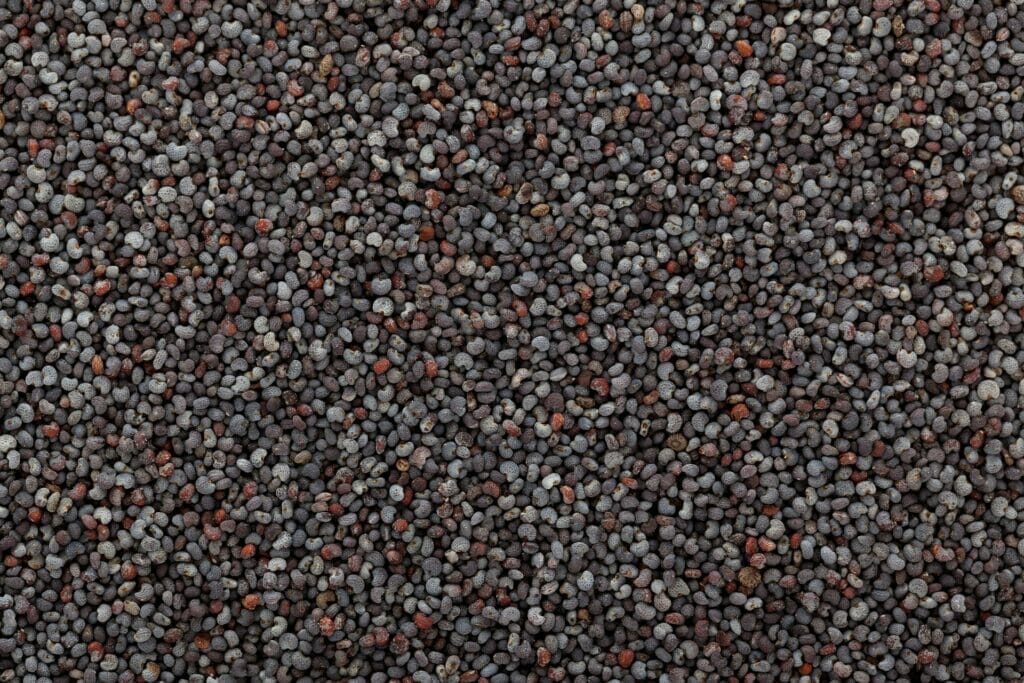
This is because poppy seeds contain a compound called morphine alkaloids, which can provide an inaccurate reading on certain tests.
Antidepressants
Antidepressants, such as sertraline (Zoloft), have become widely used in recent years to treat a normal range of conditions, including panic attacks, depression, and obsessive-compulsive disorder.
While it is important to discuss any new medication with your healthcare provider before taking it, it may also be important to note that some drug screens may not be specific enough to tell apart benzodiazepines and sertraline.
CBD Oil
Cannabidiol (CBD) oil is extracted from the hemp plant, a close relative of Cannabis sativa. Unlike marijuana, CBD does not make you high and is used to treat symptoms of ailments such as pain.
Unfortunately, certain states allow CBD products to contain up to 5% of the mind-altering THC chemical. This means that if you use CBD oil regularly and in large doses, it may lead to a false positive on a urine sample test for marijuana.
HIV Medication
If you’re taking HIV medication, specifically Efavirenz (Sustiva), it can show up as a false positive on a drug screen. That’s because this antiretroviral drug contains components that mimic marijuana’s compound structure.
To differentiate between the two and make sure you don’t get a false result, you should inform the laboratory or clinic that you’re taking efavirenz before getting tested.
Coca Tea
Coca Tea has gained popularity in Peru and other places in South America as a folk remedy. It’s made from the leaves of the same plant that is used to produce cocaine, so it can affect your drug test for up to 36 hours after you have consumed it.
Antipsychotic Drugs
It’s important to be aware of the potential for antipsychotic drugs to trigger a false positive result on an employee drug test. Two types of medications used to treat mental disorders can produce such an outcome.
Chlorpromazine and Quetiapine, both antipsychotics, may lead to false positives for methadone or amphetamine respectively. This is especially relevant if drug tests are part of your profession or lifestyle and you regularly take these medications.
